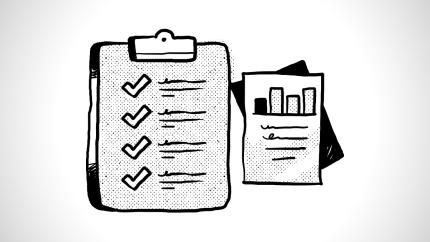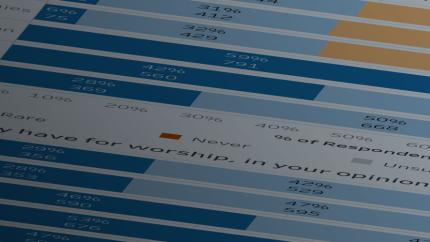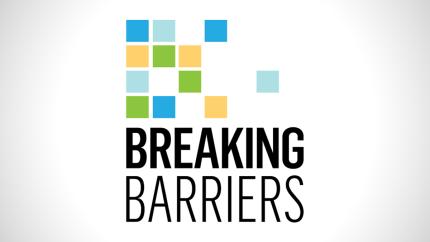
Sign up for the 'Breaking Barriers' email to get information on upcoming events, important issues, articles and resources.
As a person with a disability entering a church that models accessibility in every way, I can be confident that…
(Created by RCA/CRC Disability Concerns and in part adapted from Amy Kenny’s “What’s Nondisabled Privilege?”)


